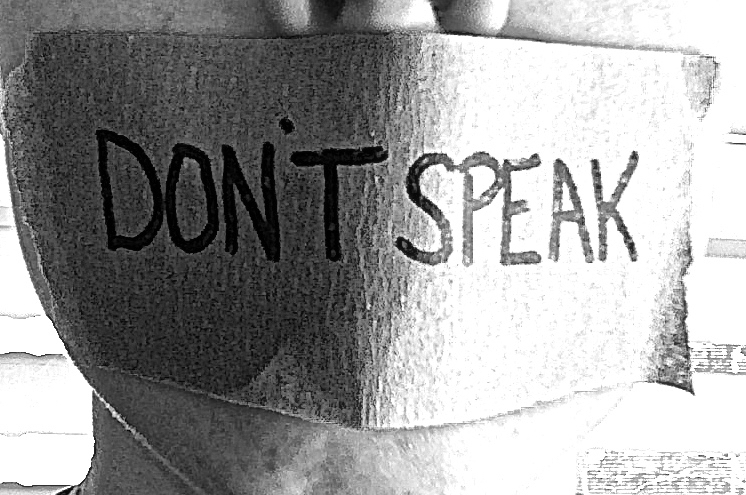
You hear it on TV and in the movies, “You have the right to remain silent…” But what does it mean?
On more than one occasion, I have spoken to someone who tells me, “ They didn’t read me Miranda when they arrested me.” They think that this means that the arrest was bad and that the case will get thrown out. But, the Mirandawarning you hear on TV and in the movies has nothing to do with the validity of the actual arrest – even though it is almost immediately recited to the “perp” upon arrest in the entertainment realm.
“You have the right to remain silent. Anything you say or do can and will be held against you in a court of law. You have the right to speak to an attorney. If you cannot afford an attorney, one will be appointed for you. Do you understand these rights as they have been read to you?”
Miranda v. Arizona, the case from which the Mirandawarning and protections are derived, requires that a person in custody who is being questioned, must first be advised of certain constitutional rights. Mainly, that the person has the right to remain silent and if he or she chooses not to remain silent, ANYTHING they say can be used against them. Miranda is not about the arrest; it is about statements made by a defendant and whether or not they can be used as evidence against him or her.
If you are in custody or the equivalent and the police are asking you questions about the incident or that could result in an incriminating response, they must give you theMiranda warning before they begin questioning you. If the police fail to do this, any statements made are not admissible as evidence. However, once you have been advised, if you voluntarily waive your right to remain silent, IN ANY WAY, ANYTHING that you say can be used against you.
So the best advice that can be given on the subject is that if you ever find yourself in custody or a suspect of a crime, DO NOT TALK, do not answer any questions, REMAIN SILENT until you have spoken with an attorney. You should seek counsel before you say anything, because even seemingly innocent statements can be used against you. You may admit to committing a crime you didn’t even know was a crime and admissions are some of the most difficult “evidence” to deal with in your defense.
Now, if you think that remaining silent makes you look guilty, I would like to draw your attention to those same TV shows and movies. Think about any time a police officer, agent, prosecutor, or judge is suspected of wrong doing, what is often the first advice that they are told by a colleague or partner? “Don’t say anything.” “Call your union rep.” “Get a lawyer.” Why? Because they are trying to protect them, regardless of whether or not they are guilty. Frankly, they know the ropes and they know that it is the wise thing to do.
If you would like to learn more about Miranda v. Arizona, you can listen to a US Courts podcast on the case HERE.